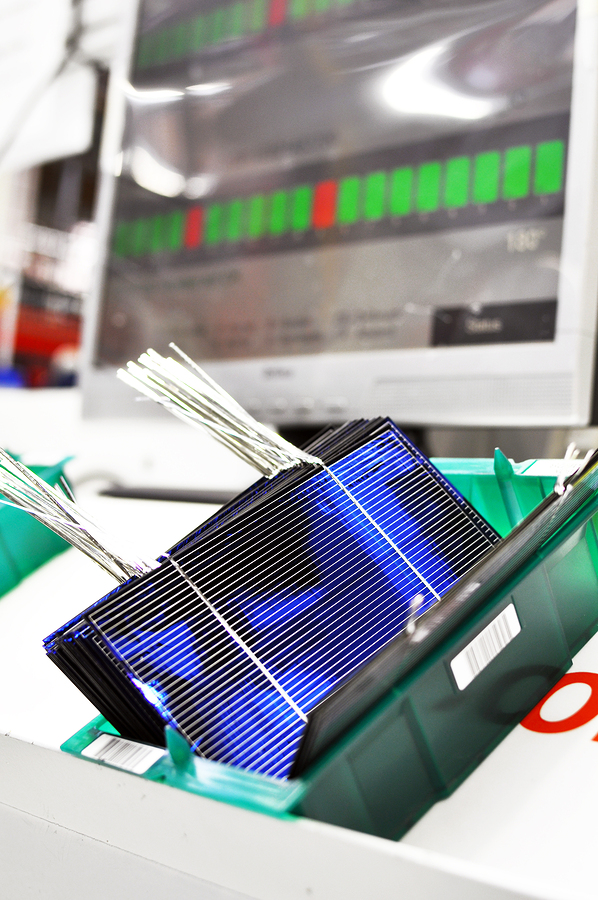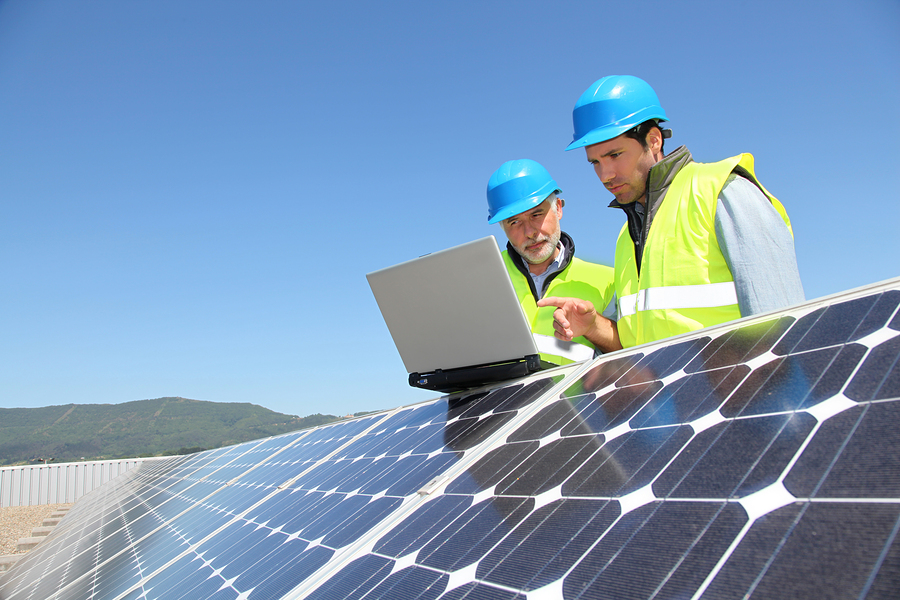Over the last few decades, solar power has increasingly become an alternative source of electricity generation in the United States. As a result, many company leaders have increased their investments in solar energy. In fact, solar manufacturers announced more capacity expansions in the fourth quarter of 2017 than ever before. More recent events, however, could have significant impacts on the solar industry for years to come.
In January 2018, following a petition by solar companies Suniva and SolarWorld Americas citing another country’s unfair international trade practices, President Donald Trump signed into law a 30% tariff on imported solar products intended to stimulate American solar product manufacturing and reduce solar imports. The tariffs, imposed for a four-year duration, will drop by 5% annually until the tariff expiration in 2022.
Tariff exemptions

After Trump signed the tariffs into law, solar company executives received a deadline before which they could apply for tariff exemptions. Although no decision has been passed down as to which companies will receive exemptions yet, this deadline passed March 16. Those applying for tariff exemptions were required to provide compelling reasons to justify their exclusion. Some companies that applied for tariff exemptions include:
- SunPower — Leaders of U.S.-based SunPower requested specifically that the company’s imported Copper-Plated interdigitated back contact (IBC) cells and copper-plated modules be excluded from the tariffs. This would enable the company to avoid layoffs and continue manufacturing in the United States.
- First Solar — This company, also based in the United States but with international locations, is exempt because its cadmium-telluride technology was excluded from the tariff. As a result, leaders are expanding First Solar operational capacity by opening new facilities in Ohio and in other countries.
- JinkoSolar — This Chinese company is investing $410 million to build a factory in the U.S. as part of its “Project Volt,” which leaders expect will bring with it 800 new jobs. This new Jacksonville, Florida, location is expected to help minimize tariff effects if the company doesn’t receive an exemption.
At present, it is still too soon to determine what the final consequences of the solar tariff could be and will most likely take years before those inside and outside the industry fully realize its impact. However, foreign-based companies like JinkoSolar investing in U.S. solar manufacturing despite the tariff threats could be an invitation for its competitors — both domestic and international — to do the same.
